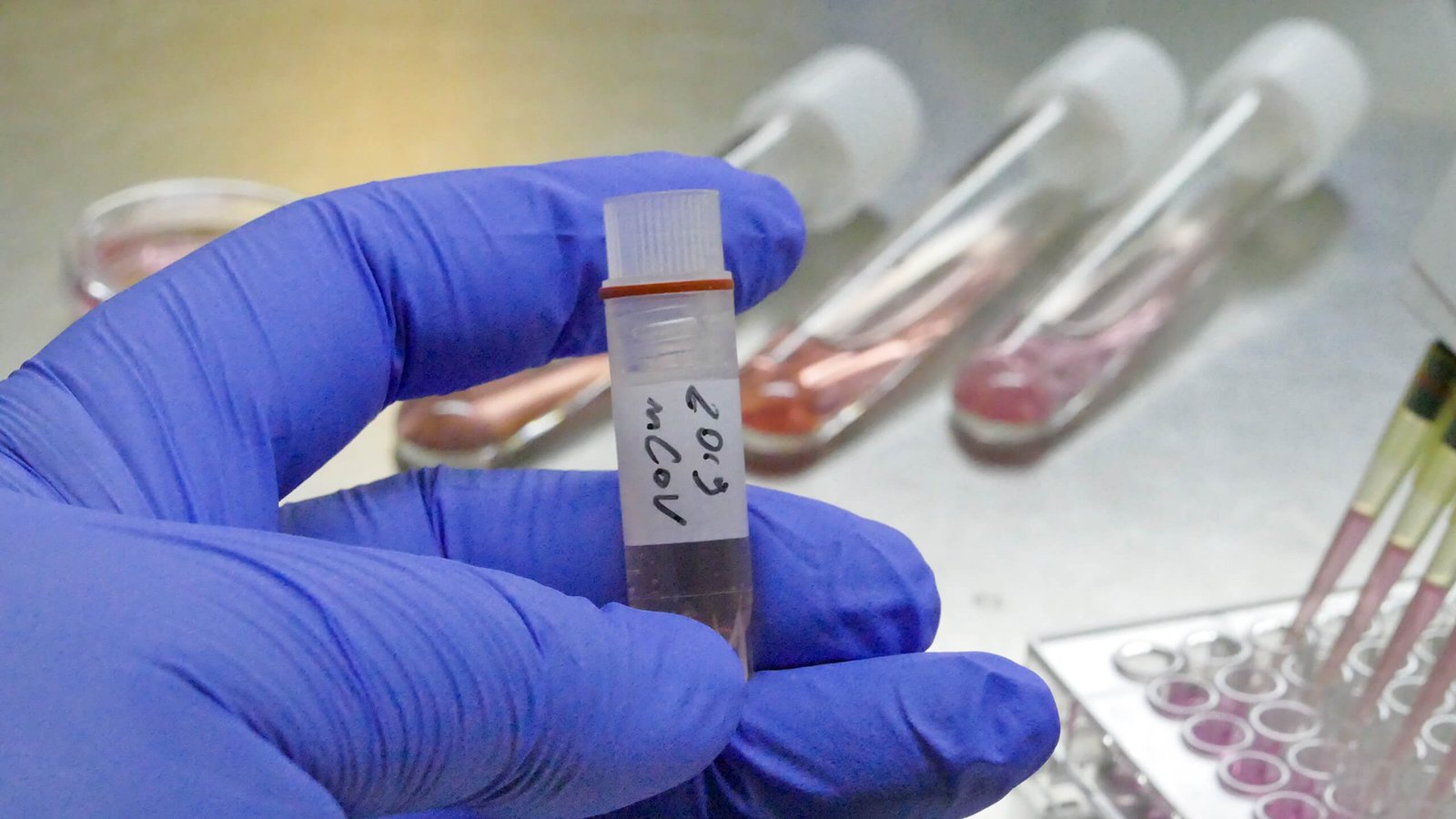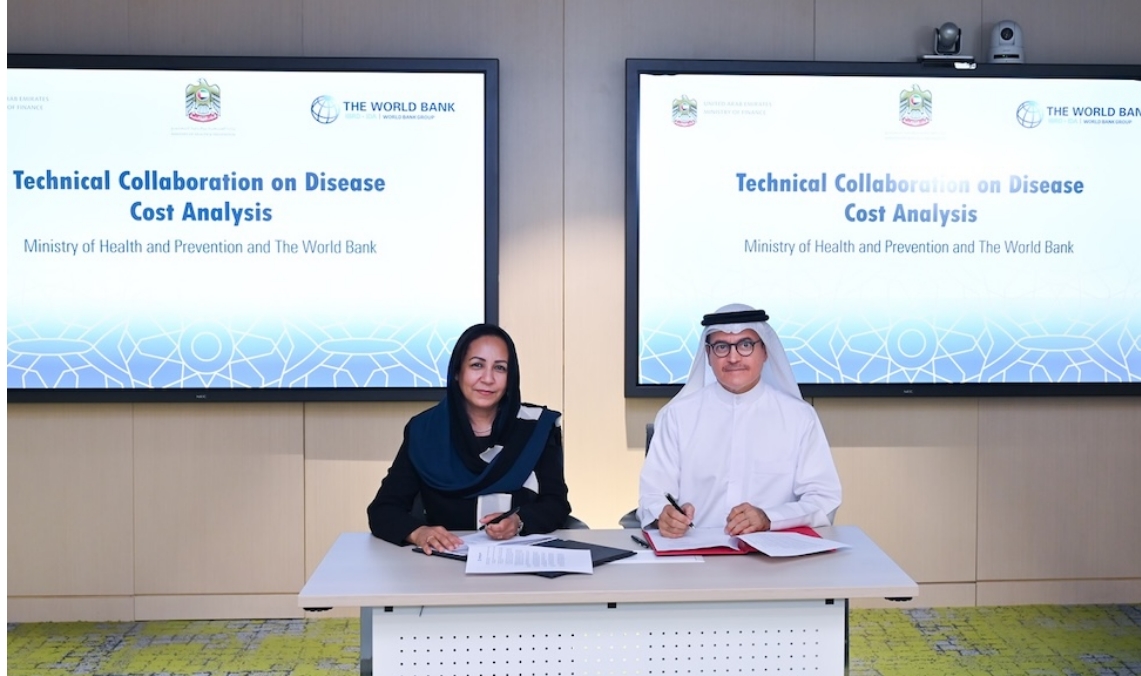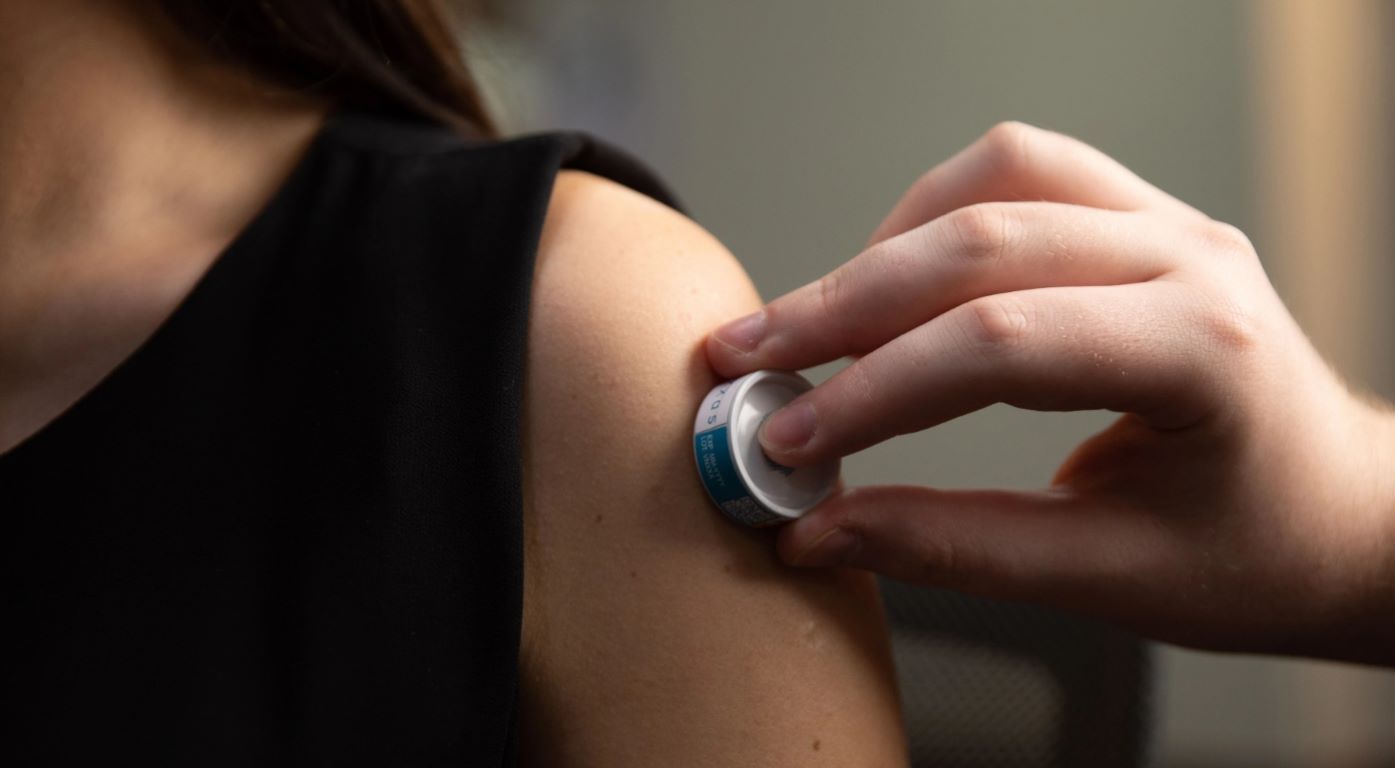Singapore scientists culture coronavirus from patient
04 February 2020 | News
The ground-breaking research achievement by Duke-NUS makes Singapore the third country in the world outside China to culture the virus

image credit- NUS
Scientists from Duke-NUS Medical School (Duke-NUS), in close collaboration with clinicians and scientists from SingHealth Duke-NUS Academic Medical Centre, Singapore General Hospital (SGH), National Centre for Infectious Diseases (NCID) and Ministry of Health (MOH), have successfully cultured the coronavirus from an infected patient’s clinical sample.
This makes Singapore the third country in the world outside China to culture the virus, and the development will certainly aid efforts in diagnosis. This is a ground-breaking research achievement for the country, considering the first coronavirus case was confirmed only a week ago. The virus, cultured in a Singapore facility, will be used for developing new diagnostic methods, monitoring potential mutation and testing for potential vaccine and drugs.
Based on the latest reports, the Wuhan coronavirus has claimed at least 170 lives, with more than 7,000 cases confirmed in mainland China, as the coronavirus spreads across Asia and the rest of the world. Nearly 60 million people are under partial or full lockdown in Chinese cities. There are 91 confirmed cases outside of China, including 10 in Singapore. This calls for an urgent need to develop novel diagnostic techniques, vaccines and treatment strategies against this virus.
“This is a crucial step forward for Singapore and neighbouring countries in response to the evolving coronavirus outbreak. We will continue our efforts and do our best to serve the nation, the region and the world in controlling this outbreak,” said Professor Wang Linfa, Director of the Duke-NUS’ Emerging Infectious Diseases Programme, who is one of the most recognised international experts on emerging zoonotic viruses and is currently serving on multiple WHO committees on the coronavirus.
“Our team has successfully cultured the coronavirus in Singapore within our own containment laboratory (ABSL3). This is highly significant as it will accelerate the assessment of trial vaccines’ effectiveness and lead to the development of early-diagnostic tests to detect the virus in asymptomatic patients,” said Assistant Professor Danielle Anderson, Scientific Director of the Duke-NUS ABSL3 facility, who has been leading the work in the facility.
“The ability to grow the virus not only allows us to accurately diagnose it but also to develop vaccines and cures. We are pleased that our collaborative effort has brought Singapore a step closer to finding a solution to a problem that is affecting many individuals worldwide,” said Associate Professor Jenny Low, Senior Consultant, Department of Infectious Diseases, Singapore General Hospital.
“With NCID’s role in infectious disease management and prevention, we have brought together scientists and researchers from Duke-NUS, NUS Department of Microbiology and Immunology, Lee Kong Chian School of Medicine, Defence Science & Technology Agency, Saw Swee Hock School of Public Health, Agency for Science, Technology and Research and
our public healthcare institutions to investigate this outbreak. One of the first outcomes of our collaborative efforts is the culture of the coronavirus. We are heartened by this breakthrough and hope it can contribute to better treatment of this new outbreak,” said Associate Professor David Lye, NCID’s Director of the Infectious Disease Research and Training Office, which coordinates national outbreak research at NCID. “This significant breakthrough exemplifies the strong collaborative culture we have with SingHealth, our Academic Medicine partner as well as the National Centre for Infectious Diseases and the Ministry of Health. It will continue to be important in providing insights on potential diagnostics and therapies for this coronavirus outbreak,” commented Professor Patrick Casey, Senior Vice Dean of Research at Duke-NUS.











